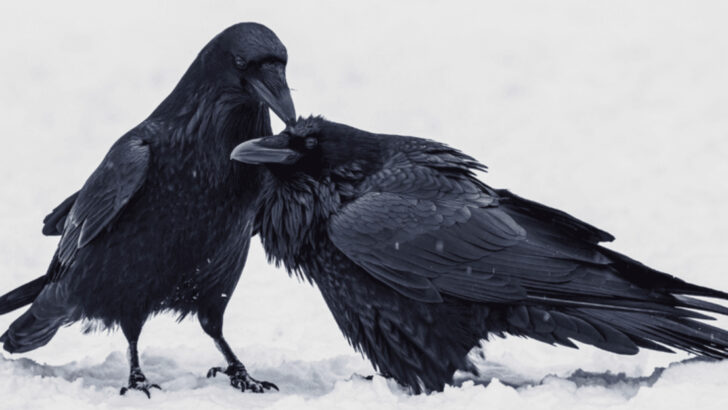If humans vanished from Earth tomorrow, the planet wouldn’t just fall silent. It would erupt with new leaders—creatures with skills and instincts far beyond our own. In a world without us, nature would reclaim its throne, and a new order would rise, ruled by the animals best suited to dominate.
From the deepest ocean trenches to the highest mountain peaks, the future rulers of Earth would adapt in ways we can only imagine. Some could soar the skies with unmatched speed, while others could take control of the land with sheer strength. There are those who thrive in the shadows, unseen but always watching, waiting for their moment to pounce. The world would be theirs to shape.
Get ready to meet the new kings, queens, and emperors of a human-less world. These 20 animals are not just survivors—they’re primed to rule.
Elephants

Elephants, with their intelligence and social structures, could truly thrive in a world without humans. Their remarkable memory helps them navigate and remember vast territories.
They communicate over long distances using low-frequency sounds, keeping herds connected. Elephants have strong social bonds, often showcasing empathy and cooperation within groups.
In the absence of human threats, these giants could control large swathes of land. Their ability to modify habitats by uprooting trees would shape environments, allowing them to dictate the ecological balance in their territories.
Ant Colonies
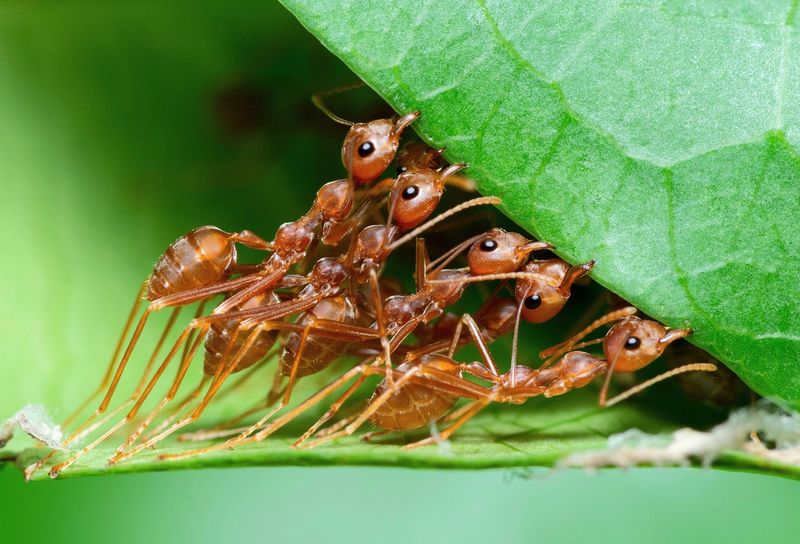
Ant colonies operate with an efficiency that rivals even the most organized human societies. Their ability to work collectively allows them to build intricate underground cities.
Each ant plays a specific role, ensuring the colony’s survival and expansion. In a human-less world, ants could dominate through sheer numbers and collaborative strategies.
Their capacity to adapt to various environments means they can thrive almost anywhere. They are masters of agriculture, famously cultivating fungus for food, which could sustain them indefinitely. Such adaptability and cooperation make ants formidable contenders.
Dolphins
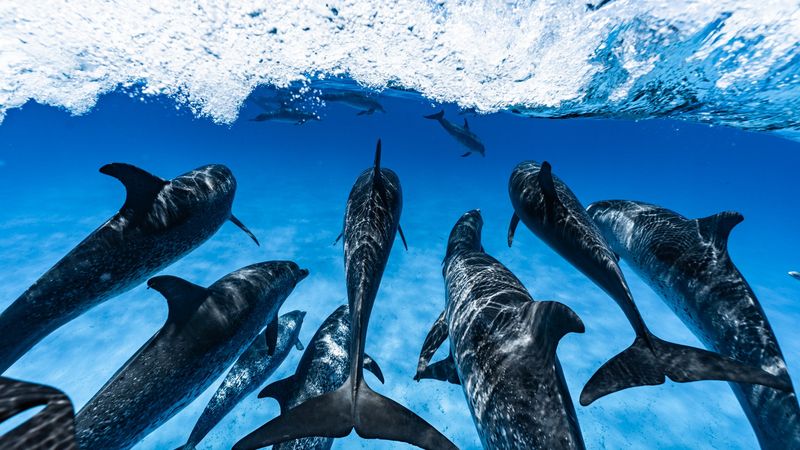
Dolphins are known for their intelligence and playful nature. Their complex social structures and communication skills could enable them to rule the seas.
Using echolocation, dolphins navigate and hunt with precision, showcasing their superior adaptation to aquatic life. They exhibit problem-solving abilities and can work together to achieve common goals.
In a world without humans, dolphins might explore new behavioral strategies, potentially developing even more sophisticated social dynamics. Their ability to adapt quickly to changing environments underscores their potential as dominant sea creatures.
Wolves
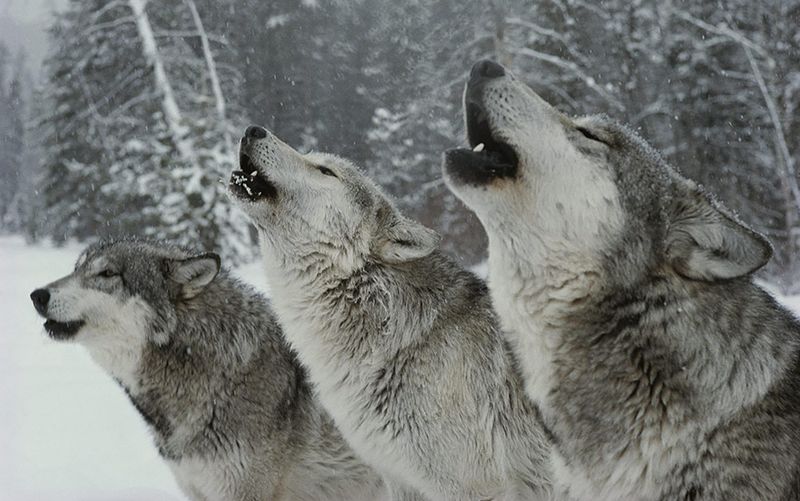
Wolves are emblematic of teamwork and strategy. In a world without humans, their ability to hunt in packs gives them a significant edge.
Wolves maintain territories and have complex social hierarchies, with defined leadership roles. They are highly adaptable, capable of thriving in diverse habitats.
Their keen senses and communication skills ensure effective coordination during hunts. These canines might expand their territories further, using their intelligence and cooperation to dominate the landscapes they inhabit.
Ravens

Ravens are among the smartest of birds, known for their problem-solving abilities and adaptability. In a human-less world, their intelligence could see them rise to prominence.
They are excellent mimics and have been observed using tools to access food. Ravens possess strong memories and can plan for future needs.
Their opportunistic nature allows them to thrive in various environments, from forests to urban-like areas. Their adaptability and intelligence would make them formidable in a world where intellect is a key survival trait.
Octopuses
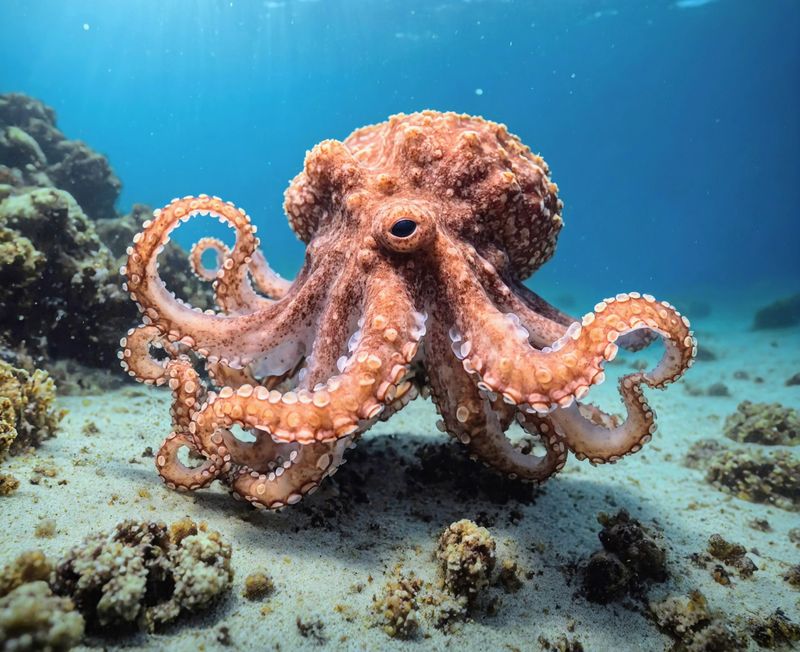
Octopuses are marine masters of disguise, with astonishing intelligence and adaptability. Their ability to change color and texture aids in evading predators and hunting.
In a human-less world, octopuses might dominate oceanic environments through their problem-solving skills and creativity. They can navigate complex mazes and learn from experiences.
Octopuses are solitary creatures, but their individual intelligence is remarkable, often escaping enclosures and opening jars to access food. Their unique adaptations could see them excel in a world without human interference.
Lions
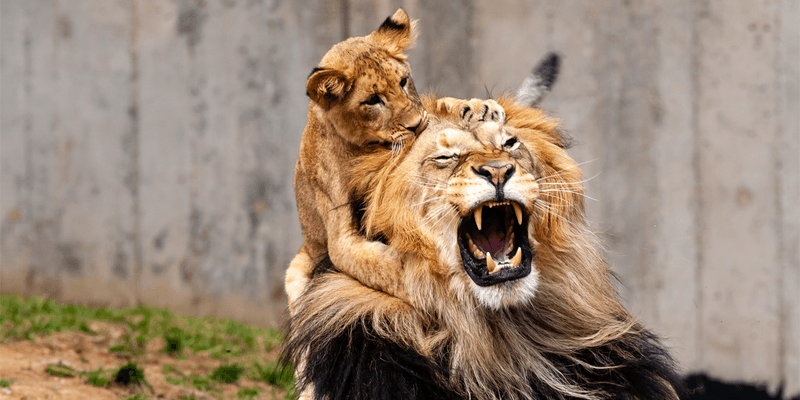
Lions, the kings of the savannah, could extend their reign in a world sans humans. Their social structures, based on prides, provide a strong foundation for survival.
Lions are skilled hunters, often working in groups to take down large prey. Their cooperative strategies and clear hierarchies ensure effective territory defense and resource allocation.
In the absence of human threats, lions might expand their territories further, utilizing their strength and social cohesion to maintain dominance over vast landscapes.
Orangutans
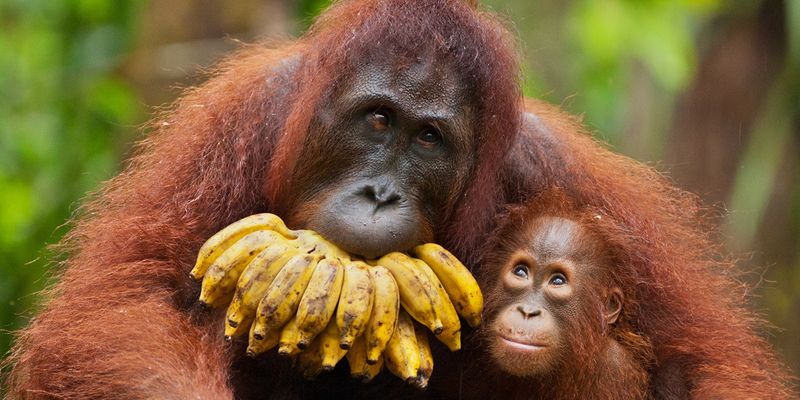
Orangutans, with their intelligence and arboreal skills, might become rulers of the forests. Their cognitive abilities allow them to use tools and solve complex problems.
They have a deep understanding of their environment, often traveling long distances for food. In a world without humans, orangutans might explore new ecological niches.
Their solitary nature is balanced by their ability to learn and adapt to changing conditions, making them potential leaders in forest environments. Orangutans could thrive, given their adaptability and resourcefulness.
Bears
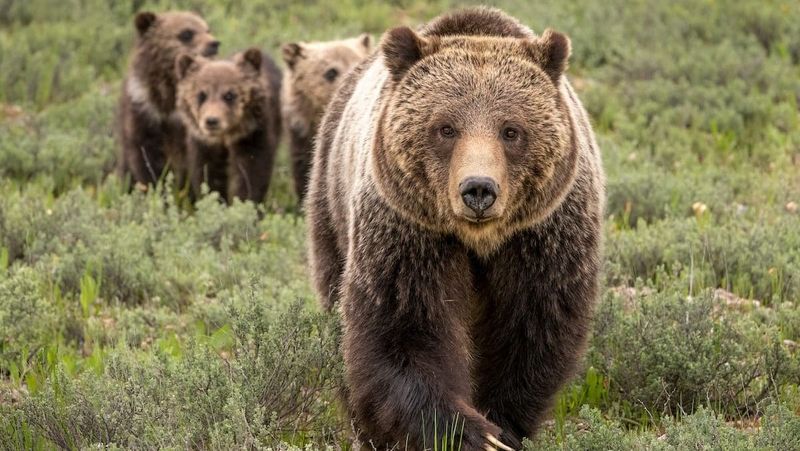
Bears are powerful and resourceful animals capable of thriving in diverse habitats. In a world without humans, they could become dominant land predators.
Their omnivorous diet allows them flexibility in food choices, from berries to large mammals. Bears are solitary and highly adaptable, with an ability to hibernate through harsh winters.
Their strength and intelligence enable them to navigate challenging environments, allowing them to exert control over large territories. Bears’ adaptability and resilience make them potential rulers of their ecosystems.
Parrots
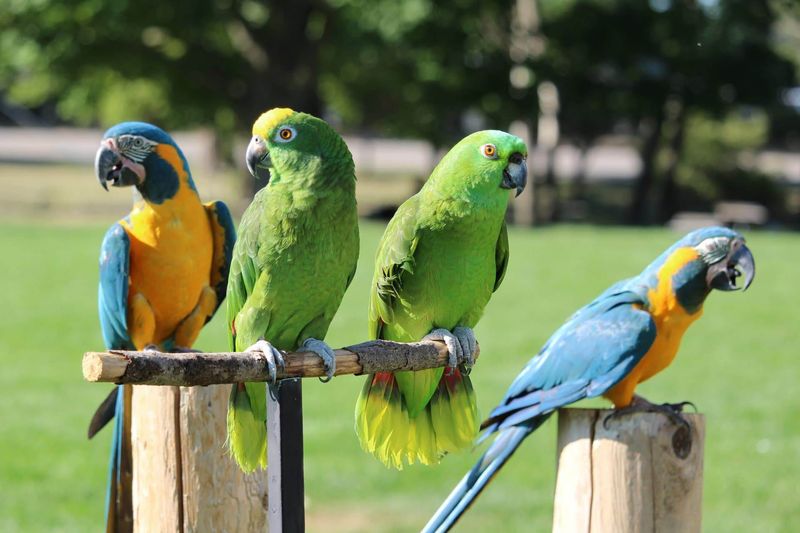
Parrots, with their intelligence and vocal abilities, could thrive in a human-less world. Their capacity to mimic sounds and words showcases their cognitive skills.
Parrots are social creatures, often forming large flocks that ensure mutual protection and resource finding. In the absence of humans, they might develop complex communication systems.
Their adaptability to various habitats, from rainforests to urban-like settings, allows them to exploit new opportunities. Parrots’ intelligence and social nature might lead them to become prominent figures in their ecosystems.
Bees
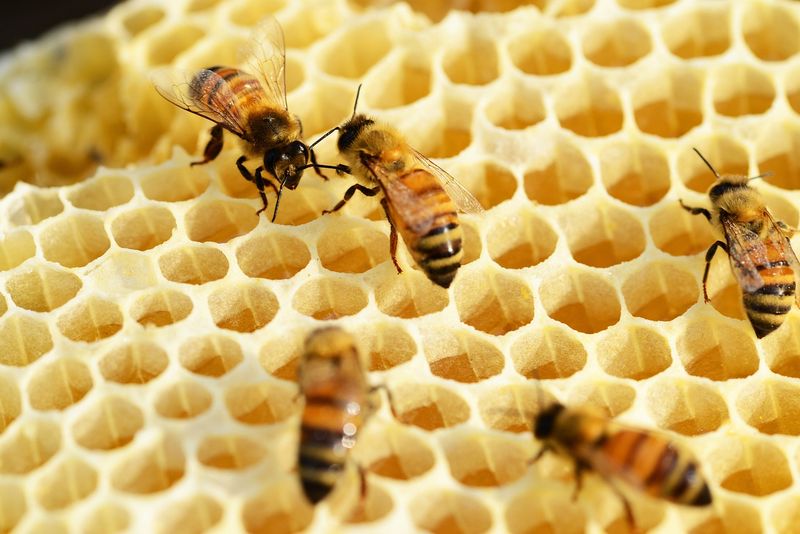
Bees, the architects of nature, play a crucial role in pollination and ecosystem maintenance. Without humans, their influence could grow significantly.
Their highly organized colonies demonstrate effective communication and division of labor. Bees adapt to various environments, ensuring the survival of their species and the plants they pollinate.
In a world devoid of humans, bees could expand their territories and further influence plant reproduction. Their hard work and cooperation underline their importance, making them vital ecological players.
Gorillas
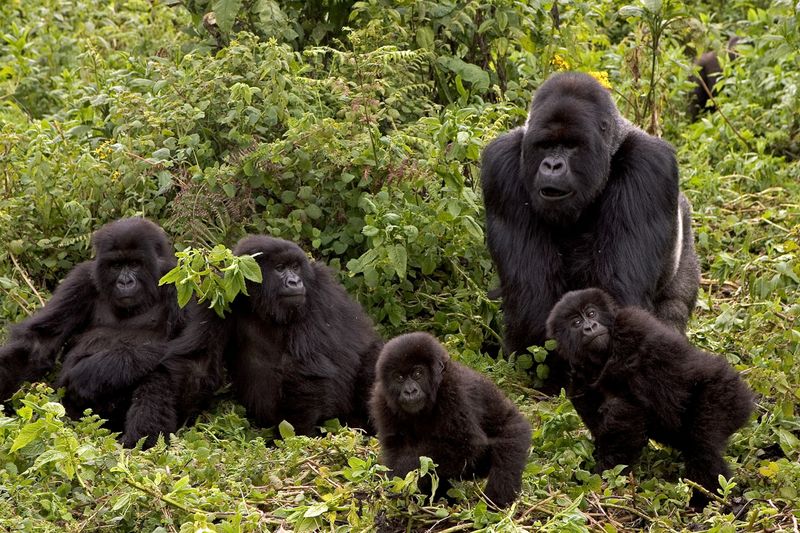
Gorillas, with their strength and social structures, could become dominant figures in their habitats. Their gentle nature belies their power and intelligence.
In a world without humans, gorillas could expand their territories, utilizing their understanding of the forest environment. They communicate effectively within groups, maintaining social bonds.
Their herbivorous diet and ability to adapt to different environmental conditions make them resilient. Gorillas’ leadership structures and intelligence could see them flourish as influential forest dwellers.
Eagles
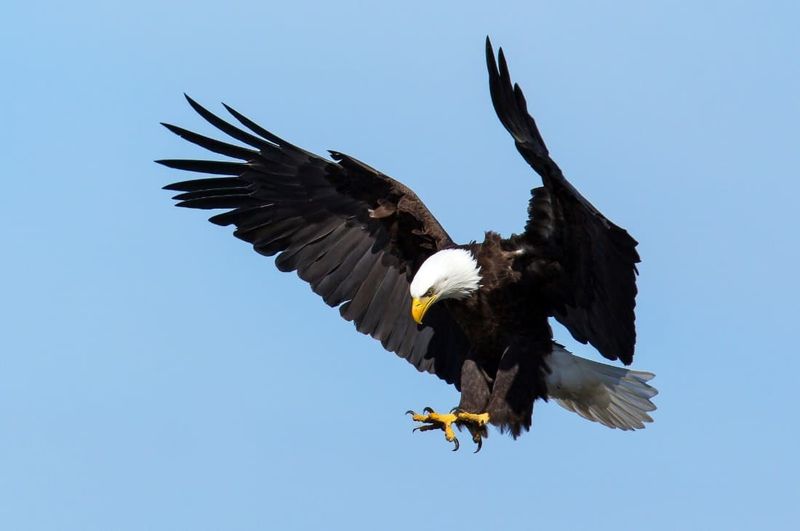
Eagles are apex predators with keen eyesight and powerful flight capabilities. In a world without humans, their dominance of the skies could expand even further.
These birds of prey have impressive hunting skills, able to spot and catch prey with precision. Eagles’ ability to adapt to various climates and environments enhances their survival prospects.
Their independence and strength allow them to control vast territories. Eagles’ mastery of the skies and predatory skills could make them rulers of their aerial domain.
Crows
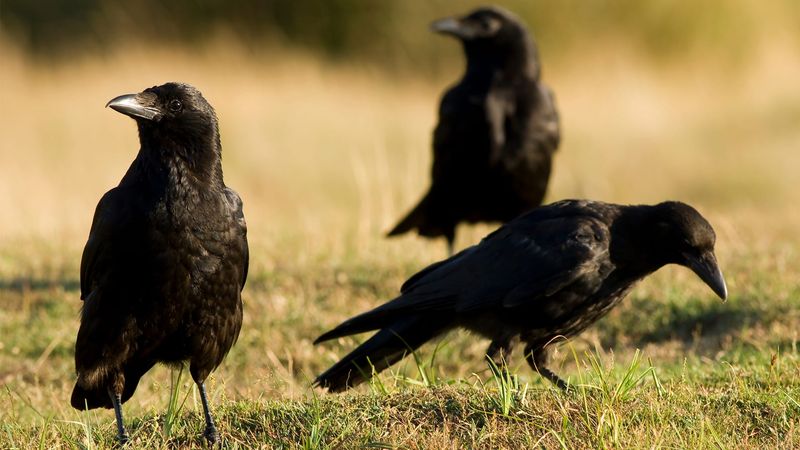
Crows, known for their intelligence and adaptability, could become influential avian leaders. Their problem-solving abilities are well-documented, with crows using tools and displaying remarkable memory.
In a world sans humans, crows might exploit new resources and environments, showcasing their adaptability. They are social birds, often forming large groups for foraging and protection.
Crows’ communication skills and innovative behavior make them capable of thriving in various habitats, potentially leading avian communities in a human-less world.
Giraffes
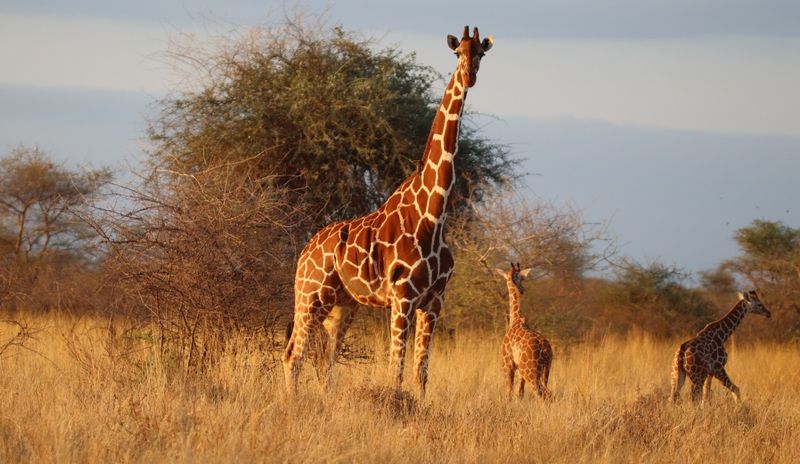
Giraffes, with their towering height and gentle demeanor, could dominate savannah landscapes. Their ability to reach high foliage gives them access to food beyond the reach of others.
In a world devoid of humans, giraffes might expand their territories, utilizing their height advantage to monitor and navigate their environment.
Their social structures, though loose, allow for group protection and resource sharing. Giraffes’ unique adaptations and peaceful nature could see them become prominent figures in their habitats.
Sharks
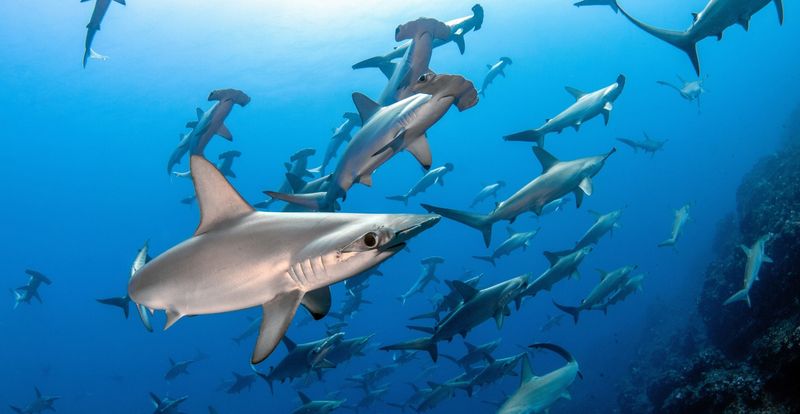
Sharks, as apex predators, have long ruled the oceans. In a world without humans, their dominance could become even more pronounced.
With acute senses and powerful bodies, sharks effectively maintain the balance of marine ecosystems. They can adapt to various oceanic environments, from shallow reefs to deep waters.
Sharks’ ability to travel vast distances in search of prey ensures their survival and influence. Their role as top predators would see them continue to shape the dynamics of the ocean ecosystems.
Chimpanzees
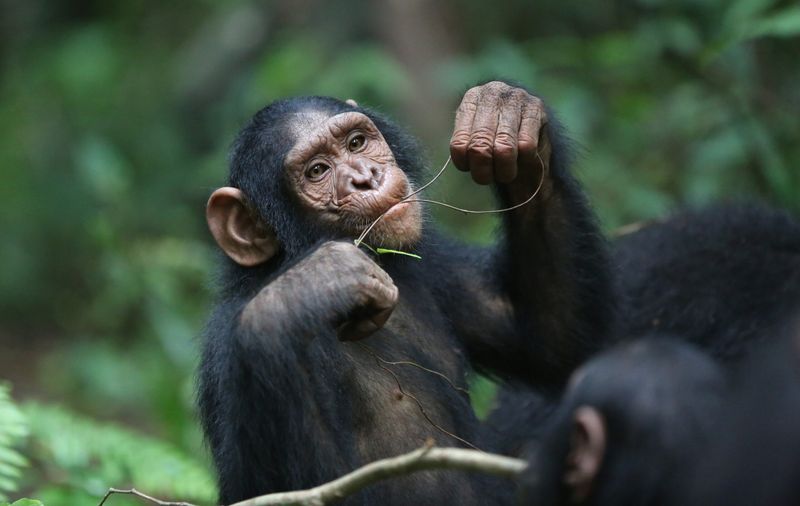
Chimpanzees, our closest relatives, possess remarkable intelligence and social skills. In a human-less world, they could become influential within their forest habitats.
Chimps use tools for foraging, showcasing their cognitive abilities. Their social structures are complex, with defined leadership roles and cooperative behaviors.
In the absence of humans, chimpanzees might explore new territories and resources, leveraging their intelligence to adapt and thrive. Their ability to communicate and solve problems makes them potential leaders in their ecosystems.
Tigers
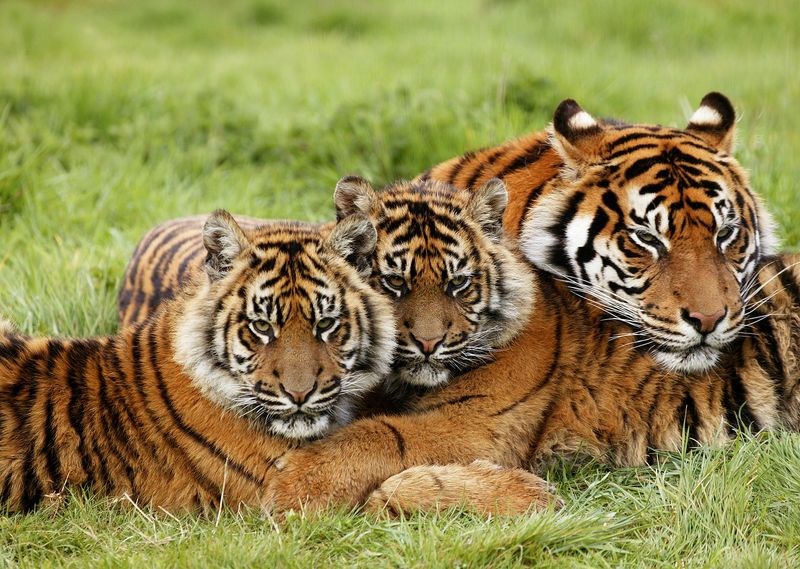
Tigers, with their strength and stealth, could become dominant land predators. Their solitary nature and territorial instincts ensure control over large areas.
In a world without humans, tigers might expand their hunting grounds, utilizing their ambush tactics to maintain dominance. They are highly adaptable, thriving in diverse habitats from grasslands to forests.
Tigers’ powerful build and keen hunting skills make them formidable rulers of their domains, capable of influencing the ecological balance in their territories.
Foxes
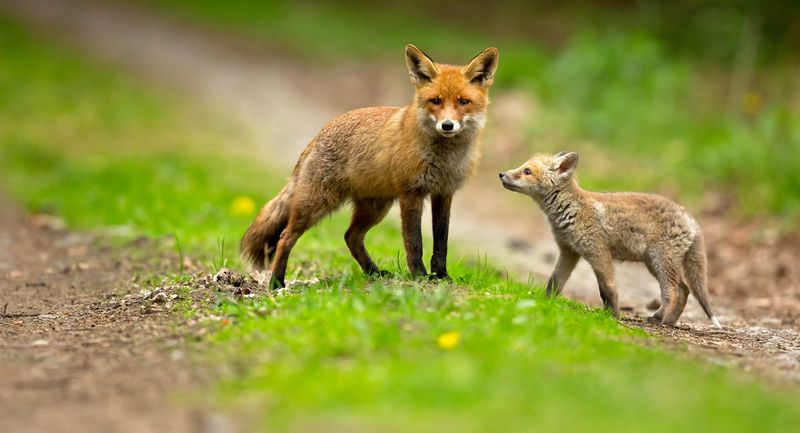
Foxes are adaptable and cunning, known for their resourcefulness in various environments. Their ability to thrive in urban landscapes as well as wild terrains demonstrates their versatility.
In a world devoid of humans, foxes might expand their territories, exploiting new opportunities for food and shelter. Their keen senses and agile nature aid in hunting and evasion.
Foxes’ intelligence and adaptability make them capable contenders for dominating smaller mammalian niches, using their ingenuity to survive in changing conditions.
Penguins
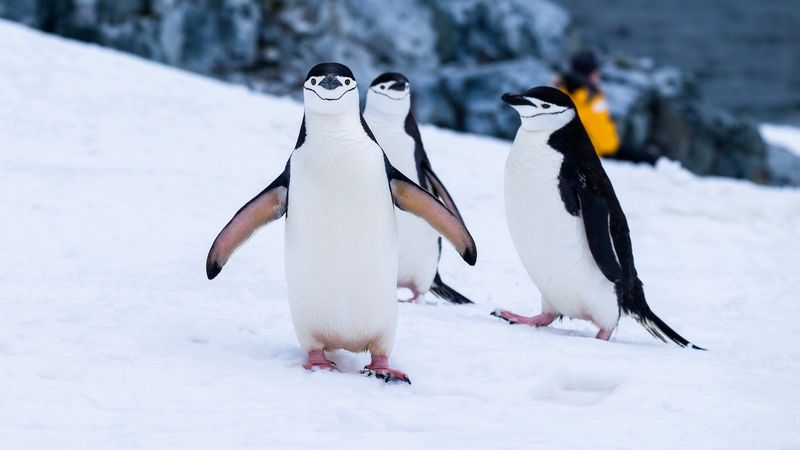
Penguins, resilient and social, could thrive in the harsh climates of the polar regions. Their cooperative behavior ensures survival against the elements.
In a world without humans, penguins might expand their colonies, utilizing their social structures for protection and resource allocation. Their adept swimming skills allow them to hunt efficiently in icy waters.
Penguins’ resilience and ability to thrive in extreme conditions make them potential rulers of the polar ecosystems, showcasing nature’s adaptability.

